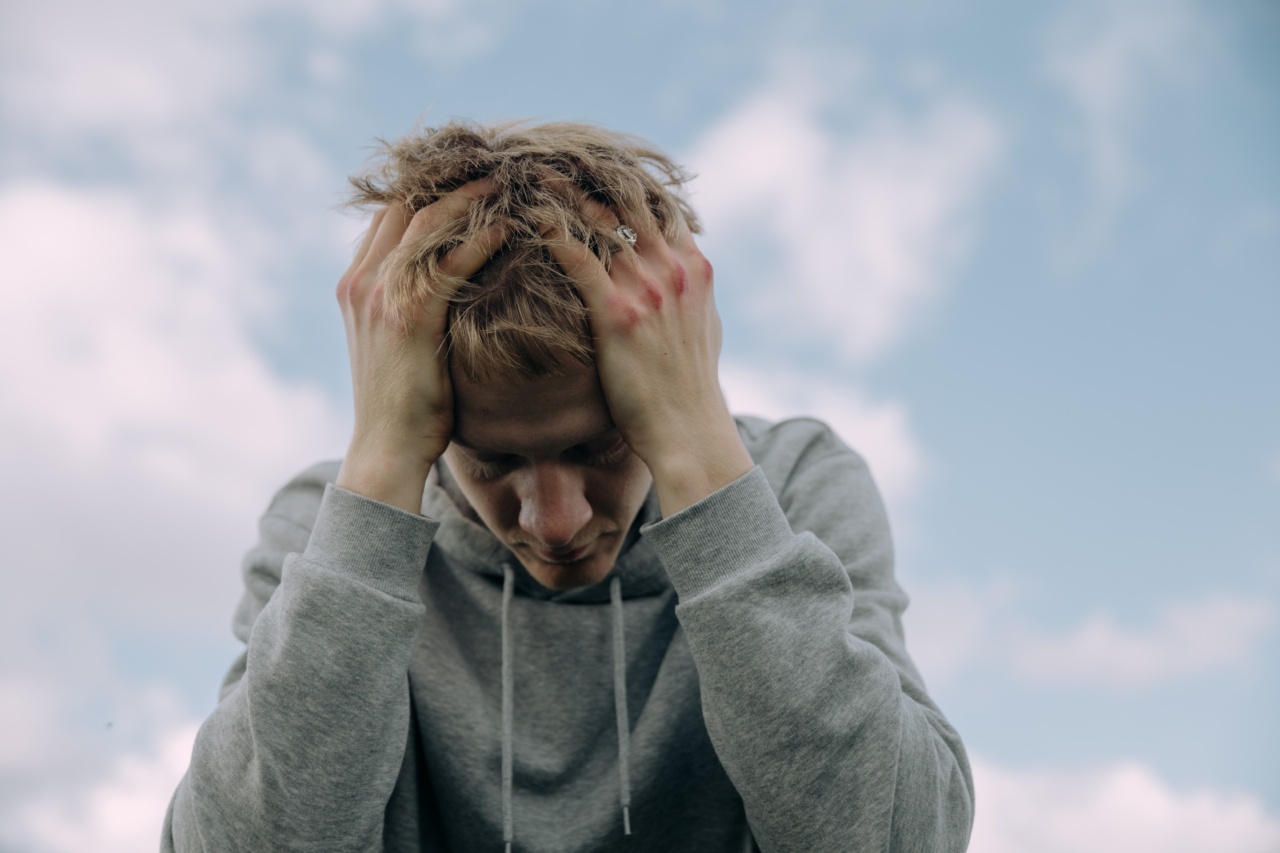Experiencing abdominal pain can be disconcerting, especially if it is concentrated in the lower left region of your abdomen.
While there can be several reasons why you might be experiencing this pain, it is essential to understand the potential causes and seek medical advice if necessary. In this article, we will explore some common conditions that can lead to low and left abdominal pain, their symptoms, and the appropriate steps you can take for relief.
Kidney Infection
A kidney infection, also known as pyelonephritis, can cause significant pain in the lower left abdomen. This condition typically occurs when bacteria enter the urinary tract and spread to the kidneys.
In addition to abdominal pain, symptoms may also include frequent urination, a burning sensation while urinating, fever, and fatigue. If you suspect a kidney infection, it is crucial to consult a healthcare professional for diagnosis and treatment.
Diverticulitis
Another common cause of lower left abdominal pain is diverticulitis. This condition arises when small pouches, known as diverticula, in the walls of your intestine become infected or inflamed.
Diverticulitis often presents with symptoms such as sharp pain, tenderness, bloating, constipation, diarrhea, and sometimes fever. Seeking medical attention is vital as diverticulitis can lead to complications if left untreated.
Colon Irritable Syndrome (IBS)
Irritable bowel syndrome (IBS) is a chronic disorder that affects the large intestine and can cause abdominal pain, gas, bloating, and changes in bowel habits. These symptoms may worsen during times of stress or after eating certain foods.
While IBS can affect any part of the abdomen, pain felt in the lower left area is not uncommon. Since there is no cure for IBS, treatment typically focuses on managing symptoms through diet and stress reduction.
Constipation
Chronic constipation can be a possible cause of low and left abdominal pain. When stool builds up in the colon, it can cause pressure, discomfort, and cramping in the affected area.
Dietary factors, lack of physical activity, dehydration, and certain medications are common culprits for constipation. Maintaining a fiber-rich diet, staying hydrated, and leading an active lifestyle can help alleviate constipation-related abdominal pain. If symptoms persist, consulting a healthcare professional is advisable.
Left Ovarian Cyst
In women, pain in the lower left abdomen can also arise due to a cyst on the left ovary. Ovarian cysts are fluid-filled sacs that can develop during the menstrual cycle.
While many cysts are harmless and resolve on their own, larger cysts or those causing symptoms may require medical attention. Along with abdominal pain, ovarian cysts can result in bloating, pelvic discomfort, changes in menstrual patterns, and frequent urination. A gynecologist can evaluate the situation and recommend the appropriate treatment.
Gastrointestinal Issues
Various gastrointestinal issues can lead to low and left abdominal pain. These may include conditions like gastritis, gastroenteritis, inflammatory bowel disease, or even peptic ulcers.
The symptoms can vary, but common signs include abdominal pain, bloating, nausea, vomiting, diarrhea, and changes in bowel movements. Since different conditions require different treatments, it is important to seek medical advice for a proper diagnosis and appropriate course of action.
Endometriosis
Endometriosis is a condition in which the tissue that normally lines the uterus grows outside of it, resulting in pain and discomfort. While endometriosis may primarily affect the reproductive organs, it can also cause left-sided abdominal pain.
Other associated symptoms may include heavy or irregular periods, pain during intercourse, fatigue, and infertility. It is crucial to consult a healthcare professional, particularly a gynecologist, if you suspect endometriosis as they can provide appropriate guidance and treatment options.
Kidney Stones
Kidney stones can cause excruciating pain, typically referred to as renal colic, which originates in the back and radiates to the lower abdomen. These hard deposits form in the kidneys and can cause blockages, resulting in intense and intermittent pain.
Additional symptoms may include blood in urine, frequent urination, and a persistent urge to urinate. Seeking immediate medical assistance is crucial for managing kidney stones effectively.
Urinary Tract Infection (UTI)
Left-sided abdominal pain can also be a result of a urinary tract infection (UTI). UTIs occur when bacteria enter the urethra and multiply in the urinary tract.
Along with abdominal pain, other symptoms may include a burning sensation while urinating, frequent urination, cloudy or bloody urine, and a strong urge to urinate. UTIs require prompt medical attention to prevent complications and may be treated with antibiotics.
When to Seek Medical Help
While the aforementioned causes may explain low and left abdominal pain, it is essential to remember that self-diagnosing can be risky. It is always advisable to consult a healthcare professional for accurate diagnosis and appropriate treatment.
Additionally, if you experience severe pain, persistent symptoms, or notice any alarming changes in your condition, seeking immediate medical attention is crucial.
To determine the cause of your low and left abdominal pain, a healthcare professional may conduct a physical examination, inquire about your medical history, and order additional tests such as blood work, imaging studies, or urine analysis.
Based on the findings, they will provide an accurate diagnosis and recommend suitable treatment options.
Disclaimer: This article is for informational purposes only and should not be considered as medical advice. Always consult with a qualified healthcare professional for proper diagnosis and treatment..





























